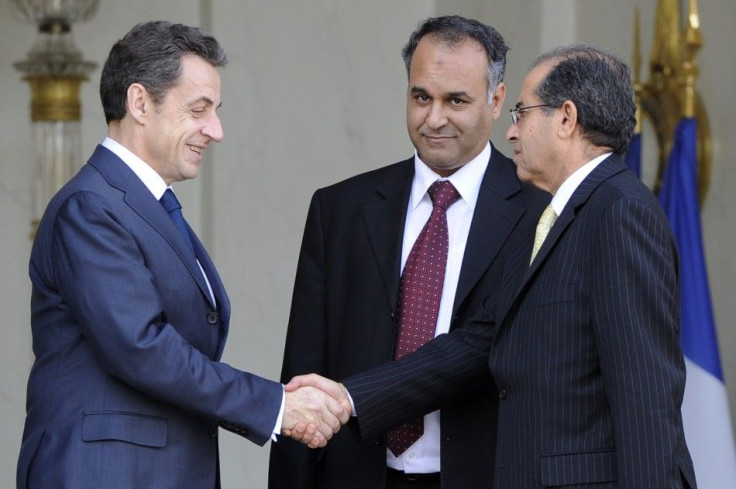France recognizes Libyan rebels as “legitimate” government

France said it has recognized the National Libyan Council (NLC), the leadership of rebels fighting against Moammar Gaddafi, as the legitimate government in the country, ahead of European Union (EU) talks on the conflict today and tomorrow.
France recognizes the National Council as the legitimate representative of the Libyan people. There will be an exchange of ambassadors between Paris and Benghazi, said an official at the offices of President Nicolas Sarkozy after he met two LNC representatives.
Mahmoud Jebril, a member of the LNC who met with Sarkozy, said France will propose a global strategic plan to the EU on Friday to try to resolve the crisis.
The plan would be at a [European] level to save the Libyan people from the suffering and massacre being perpetrated against it and to safeguard the future and the country, he said.
Mustafa Gheriani, a rebel spokesman in Benghazi, said France’s move was breaking the ice, and added that he expected other European Union (EU) members to follow its example.
However, Italy and Spain have both stated that they will not recognize the NLC until the EU reach a consensus position on Libya.
Germany also expressed some reservations.
This will have to wait for consultations held by the EU and the Special Representative of the United Nations,” said Foreign Minister Guido Westerwelle. “Before we undertake such political steps, we must of course know who we're dealing with.
The Austrian Foreign Minister Michael Spindelegger said talks with the LNC were very welcome.”
Not surprisingly, the Libyan government in Tripoli blasted France’s decision and called it a damaging intervention in Libya's internal affairs.
The move makes France the first country in the world to recognize the rebel movement and comes as NATO weights military options against Gaddafi, including the possible imposition of a no-fly zone over the country.
NATO Secretary General Anders Fogh Rasmussen has said he is not looking to intervene in Libya, but we have asked our military to conduct the necessary planning for all eventualities.
Meanwhile, fighting between Gaddafi’s forces and opposition groups continues unabated. Government troops bombarded the eastern oil port of Ras Lanuf, a rebel base of power. Gaddafi’s planes also bombed Brega, another oil center in the east, suggesting government forces are steadily encroaching on opposition-held territories.
The president of the International Red Cross described the Libyan conflicts as a civil war.
© Copyright IBTimes 2024. All rights reserved.











